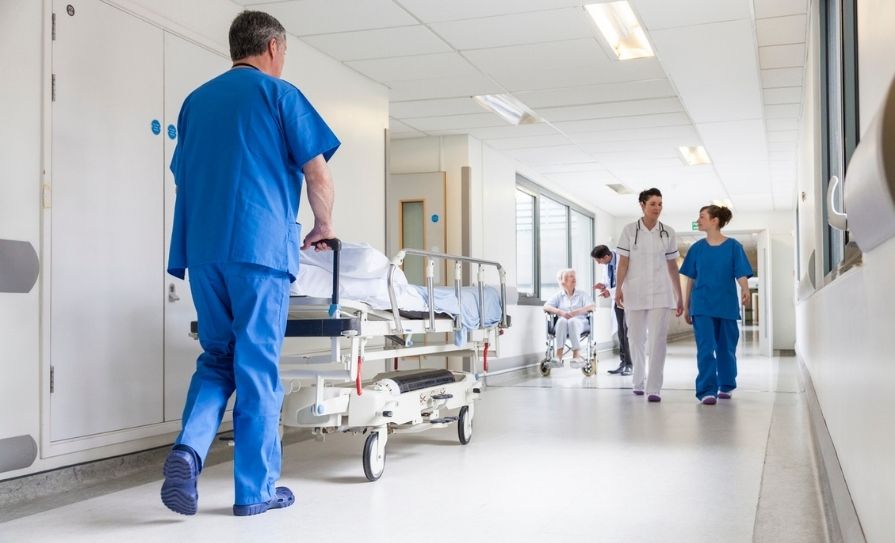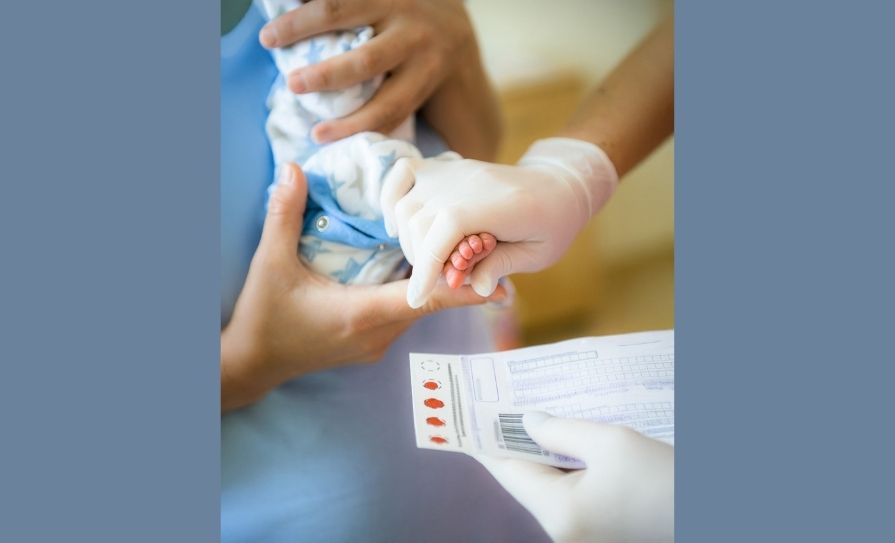A study presented at the recent Irish Society of Medical Oncology (ISMO) Fellowship and Bursary Awards meeting in Dublin collected concerning evidence about patients raising money for cancer treatments, including immunotherapy for “unlicensed indications” and alternative therapy with “no evidence base”.
The study, which was titled ‘Crowdfunding for anticancer therapies: An analysis of non-US GoFundMe pages’, was conducted by Dr Shahid Iqbal and Dr Dearbhaile Collins, who are both based in Cork University Hospital.
They set out to analyse what the current non-US GoFundMe cancer pages were requesting monetary donations for in order to get a deeper understanding of this unregulated activity. For the research, 150 non-US GoFundMe web pages were reviewed between November 2019 to January 2020.
US web pages were excluded on account of the markedly different healthcare systems, with the majority requesting basic healthcare not covered by patient health insurance. Data collected included clinicopathological details such as age, gender, cancer type and stage of disease, in addition to the type of treatments being sought for funding, the total amount of funding sought and the quantity of donors.
The majority of the requestors had brain cancer, followed by breast cancer and ovarian cancer. The median amount of money requested was €48,205.
The highest amount requested by a patient was €588,759. Of the 150 pages, 89 were from the UK (59 per cent), 24 from Ireland (16 per cent), 12 from Australia (8 per cent) and 10 from Canada (7 per cent).
“Our analysis has identified that these platforms are predominantly used for requesting financial support, but worryingly, a large proportion are requesting immunotherapy for unlicensed indications and alternative therapies with no evidence base to support its use,” according to the authors. “Future efforts to improve patient education are required to better manage this route of cancer funding.”












Leave a Reply
You must be logged in to post a comment.